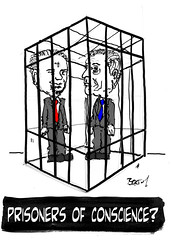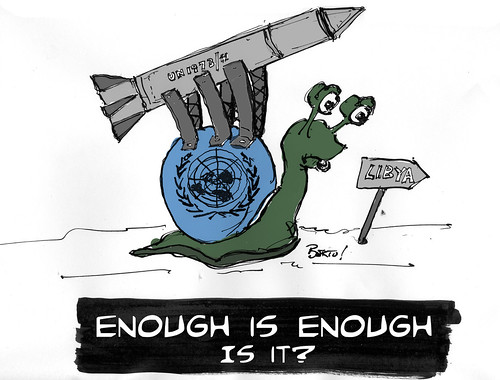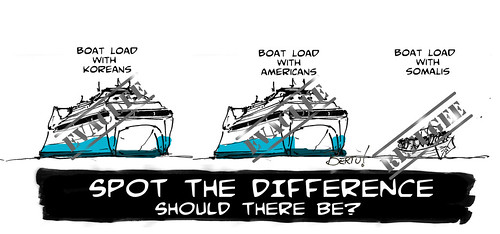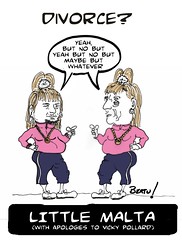It’s Saturday morning in Luxembourg City and I’m readying for another session of keyboard bashing. The ritual includes the thick espresso lungo and a quick read through of the grapevine to see whether I’ve missed any last minute oddities coming from the island. Sure enough, even though it’s barely nine of the clock, some eager beavers (dare I add card carrying progressives?) are busy on Facebook quoting the latest news item that reads: “Air Malta CEO to get €500 package”. Suddenly the coffee tastes sour.
You could see it coming. I scarcely needed to refer to the actual news item to confirm my most basic of hunches but I did anyway out of some masochistic impulse and there it was − buried among the lines of the report: “Sources said Mr. Davies was the cheapest of three short-listed contenders for the post. The most expensive asked for a package exceeding €1.1 million.” The report went on to explain that the choice for Davies only came when the government failed to obtain the services of their first choice − a former consultant with Easy Jet. Instead we get the bargain: Mr Davies. Or at least the poor (it’s an expression) man will now forever be seen as such.
A grand don’t come for free
This is the result of government pre-empting the Opposition by attempting to adjust to the Opposition’s (very misguided) standards of expectation. J’accuse has analysed this fixation about salaries before − remember the “Who Gets Paid More than the President” saga? It’s bad enough that we have an Opposition that will hammer on about paying foreigners and paying them too much − half a million euros per year? Now we also have the government (or a source) leaking the fact that our money is being spent on bargains in a move that is very evidently there to appease the Opposition’s ridiculous stand.
It’s what you get for dealing with stupid − or as Forrest famously said: “Stupid is what stupid does”. We’ll hear all about the “downsizing” of Air Malta and how Mintoff had created a winner that is now being dismantled piece by piece by the spendthrift Nationalists to the detriment of the worker. We’ll hear how the “penny wise pound foolish” approach translates to being harsh with the haddiema and generous with the elite. Labour has always been great at grinding out this kind of animosity − being the progressive, modernist, European party that it is.
We now have to deal with the added ignominy of a government that is beginning to show signs of thinking in Labour’s terms. Hey, we know we need to reform the airline, we know we need compete in a dog eat dog world but hey, we got a bargain! Well, while I’d like to wish Mr Davies the best of luck with his new endeavour, I’d hate to be in his shoes what with the kind of confidence his new employers seem to have in him. Thank you very much Labour. Thank you very much PN.
Free is free
What we have called dumbing down for a very long time is also due to the culture of the “cheap”. It’s all pervasive and it is not just limited to monetary terms. In education we have witnessed the gradual dilution of university and other degrees − what Mintoff couldn’t do, public perception and a watering down of standards is achieving very quickly.
In politics we are already scraping the bottom of the barrel. We have no party that is willing to stand by a set of values or principles. There is only one constant: the vote. The ugly counterpart to that constant is the cheap appeasement of the man in the street who hangs on to the edge of one network or another in the hope that the crumbs that fall off the table might satiate his needs for the week.
And to get the crumbs we play our part: ‘Labourites’ will take the cue and grumble and obsess on salaries for the “blue-eyed”, ‘Nationalists’ will reopen the history books and flutter around in the mess they helped create. All the while, the nation is all the worse off as it cheapens itself thanks to this political prostitution. Yes, expression and most other freedoms are free. That does not mean that they have to be cheap. Unfortunately, there is no longer any benchmark bar the electoral guillotine − and that too has proved to be easily malleable.
Pleistocene and plasticine
We have no exacting standards. We have no aspirations, either as a nation or as individuals, other than the rat race as scripted by the behemoths: the two dinosaurs of our political firmament. There is no sphere − commercial, educational, social or any other that you can think of − that has avoided the dumbing down. Land of opportunity? Hell no. In this land we are busy holding each other back.
Well, so long as it is cheap and affordable, who are we to complain?
www.akkuza.com − clicks are free
This article and accompanying Bertoon appeared in today’s edition of The Malta Independent on Sunday.










